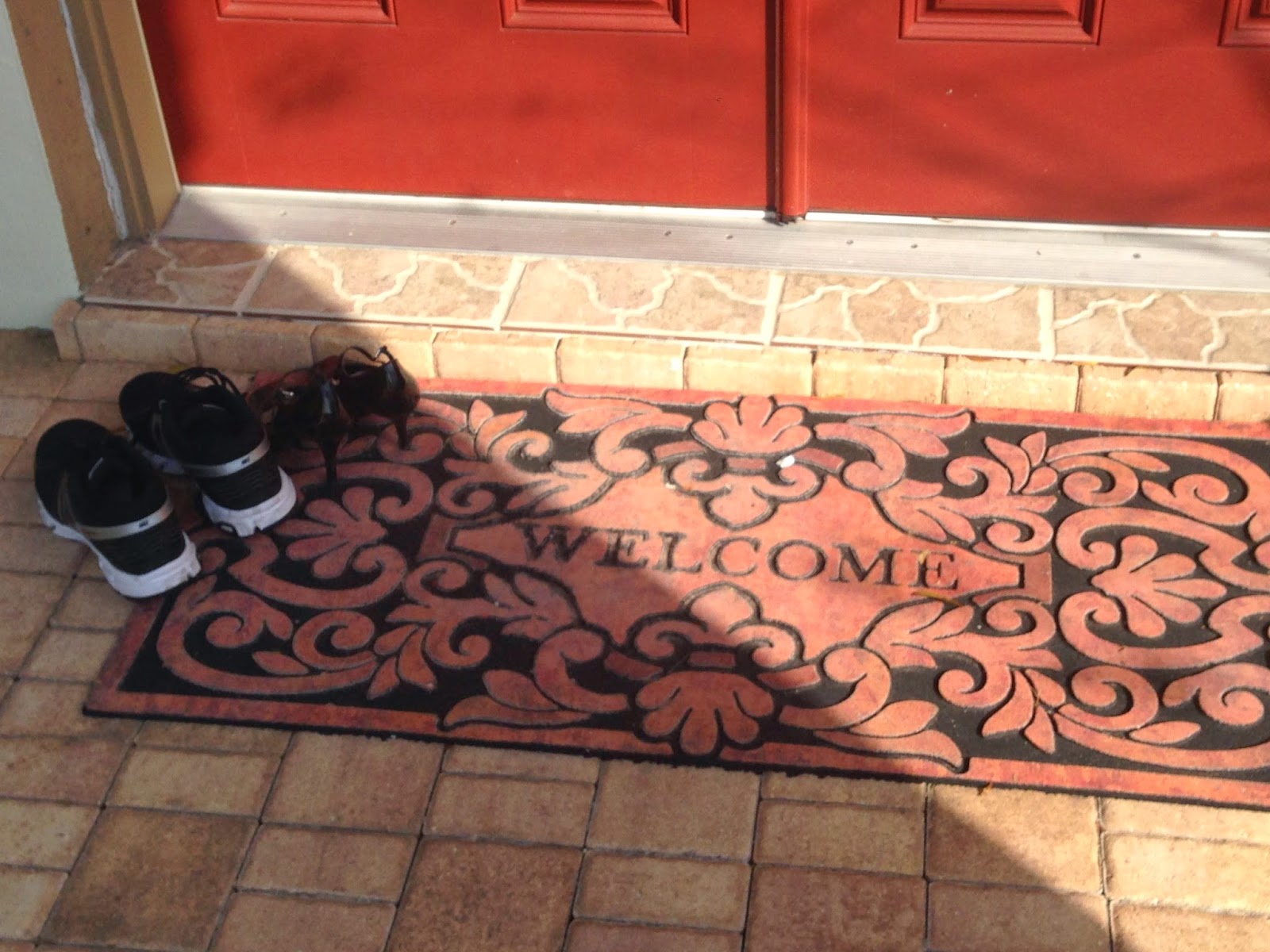 Do you
need to sell your home in Central Florida before you can buy? If so, you
naturally need to know what a new home will cost and whether you'll qualify for
the payments. You don't want to let go of your present home only find that you
can't purchase a new one!
Do you
need to sell your home in Central Florida before you can buy? If so, you
naturally need to know what a new home will cost and whether you'll qualify for
the payments. You don't want to let go of your present home only find that you
can't purchase a new one!
That
said, you should do a little looking on line and speak with a mortgage lender
before going any further.
Speaking
with a lender will
tell you whether you'll qualify for a purchase at that price.
Wait
until you've listed your present Central Florida home
and have accepted an offer from a qualified buyer.
If by
chance the seller does accept your offer, you'll have put yourself in another
difficult situation – that of needing to sell your present house quickly. That,
in turn, means you'll be more likely to accept a low offer just to get it done.
So
what else will happen if you shop too soon? The
worst case: You'll find "the perfect house" and you won't be able
to buy it. And after that, no other house will measure up. Even if you find
a different home that in reality is a better fit for you and yours, you'll
always think the other one would have been better.
My
advice: Exercise patience.
First, list your home at its current market value. Then do all you can to make
it attractive, appealing, and accessible to qualified buyers and their agents.
Then negotiate reasonably and get that home under contract.





